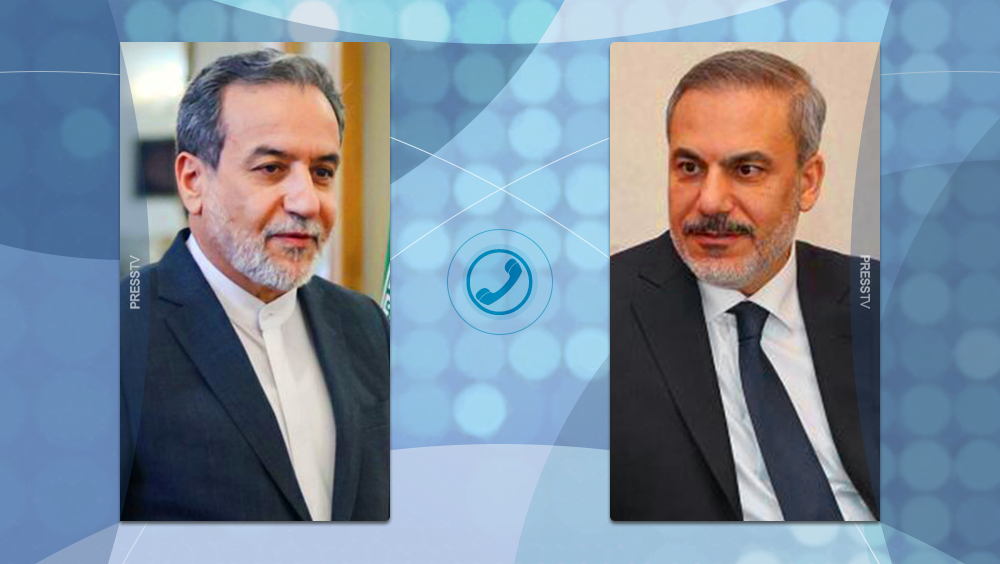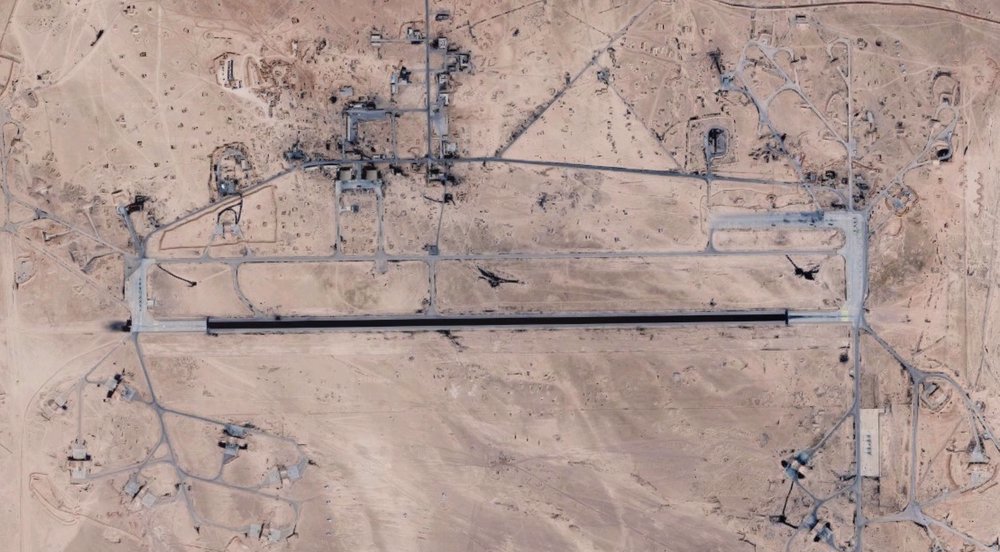EU-Turkey deal on refugees illegal, reckless: Amnesty
Amnesty International has strongly denounced a recently-signed agreement between the European Union and Turkey to curb the flow of asylum seekers to Europe.
The UK-based rights group said in a 35-page briefing on Friday that the EU-Turkey deal is “illegal” and “reckless,” urging the 28-nation bloc to stop plans to return asylum seekers to Turkey.
The rights body added that Ankara lacks the capacity to process asylum applications and cannot be considered “a safe third country.”
The international rights group noted that the March deal is unlawful because refugees and asylum seekers do not have “effective protection” in Turkey.
Turkey does not accord full refugee status, and most refugees in the country do not receive support from the Ankara government, Amnesty said.
The report also touched on the issue of forced returns, asserting that Syrians in Turkey are at risk of being forcibly sent back to their country.
This comes as a number of rights activists and institutions, including the United Nations Refugee Agency, have voiced concern about the deal.
Rights groups say the accord could lead to the collective expulsions of people fleeing war and violence, and is in violation of international law.
John Dalhuisen, Amnesty's director for Europe and Central Asia, also took a swipe at the EU-Turkey deal on refugees, saying the bloc has misrepresented the realities on the ground.
“In its relentless efforts to prevent irregular migrants to Europe, the EU has willfully misrepresented what is actually happening on the ground in Turkey.”
Under the deal, Ankara is obliged to take back all refugees deported from Greece.
In return, Ankara was promised financial aid, the acceleration of visa liberalization talks and progress in its EU membership negotiations.
The EU leaders are insisting that Turkey meet 72 conditions before the visa exemption is approved, including an end to prosecuting academics and journalists.
Granting visa waiver to Turkey, a country of nearly 80 million, is highly controversial among EU states where some fear it would open the way for more refugees to the bloc already struggling with its worst migration crisis in decades.
Europe is now concerned that the continent would face another refugee influx as President Recep Tayyip Erdogan has repeatedly warned that Turkey would allow the refugees to enter Europe if it failed to meet its commitments.

Some German politicians say Chancellor Angela Merkel has made the EU very dependent on Turkey in dealing with the refugee crisis, accusing her of having exposed the bloc to blackmail by Ankara.
Hundreds of thousands of refugees are still fleeing conflict-ridden zones in Africa and the Middle East, particularly Syria.
Last year, more than 1.1 million refugees entered Europe through Turkey and Greece and then made their way through the Balkans to Germany and other northern member states of the EU.
The influx of refugees has crippled the bloc, particularly the countries on its external borders.
Syria has been gripped by foreign-backed militancy since March 2011. Damascus regards Turkey as one of the main supporters of the militants fighting government forces in the Arab country.

Iran, Turkey foreign ministers discuss Muscat talks, other regional issues

Iraq warns Daesh threats ‘resurging’ in Syria

Turkey readies plans to take over Syria’s T4 airbase: Report
VIDEO | Press TV's news headlines
VIDEO | Paris rally condemns Israel, decries killing of Palestinian journalists
VIDEO | Italy's Meloni visits US to discuss Trump's tariffs as EU unity at risk
VIDEO | Syria under HTS
1 killed as US keeps up deadly escalation against Yemen
ICC sues Hungary for failing to arrest fugitive Israeli war criminal Netanyahu
VIDEO | Western coverage of Israeli war on Gaza
VIDEO | US's broken commitments













 This makes it easy to access the Press TV website
This makes it easy to access the Press TV website